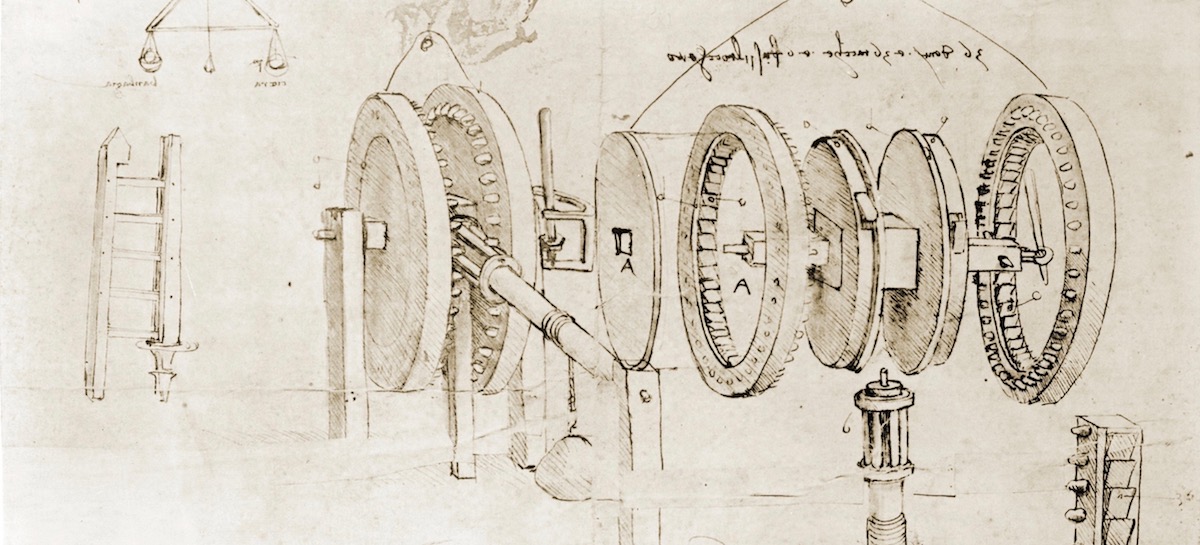The Stupidest of Ideas
- Written by: Erik Åberg
The great Renaissance artist, Leonardo da Vinci, is said to have spent a considerable amount of time making observations when inventing. Lacking a formal education in science these observations were essential to developing the understanding and experience he required to fulfill his ideas. Here's what we can learn from the innovation process of a 500-year-old genius!
Most mature companies rely heavily on legacy and experience when innovating. Prototyping, tests and customer feedback give them knowledge about their product and how it works. This knowledge is then serving as input for new development. This isn't a bad strategy, but experience-based innovation has its disadvantages. In today's business environment, there is a constant hunt for market shares. Everyone wants to come up with the next revolutionizing product or feature. And it needs to go fast! Gathering knowledge using the traditional process takes time. Time we no longer have. Our previous experience might even hold us back. Information about what used to be the case isn't necessarily a good driver for future innovations.
Leonardo da Vinci didn't have that problem. Lacking the formal science degree, he could keep an open mind and try the "stupidest" of ideas. On the other hand, it likely made it harder for him to evaluate his thoughts in a reasonable time. He had to use observations to gain the experience required.
Here's the paradox! Too much knowledge about our product tends to keep us from trying out new ideas, whereas too little keeps us from realizing them. Unlike Leonardo da Vinci, we have the tools to bridge these challenges. Today, the predictive nature of the digital twin makes it possible to rapidly evaluate product or process concepts already in an innovation phase. With this virtual experience, we can try out more ideas without spending too much time and money.
There is no doubt that Leonardo da Vinci was an outstanding inventor. Even so, the full extent of his ingenuity wasn't recognized until well after his death. Because of his lack of formal education in science, other scholars largely ignored his studies.
According to them, he was trying out the stupidest of ideas...that turned out to not be that stupid at all…
Check out our Services page or Contact us to learn more about how we can support your business!
